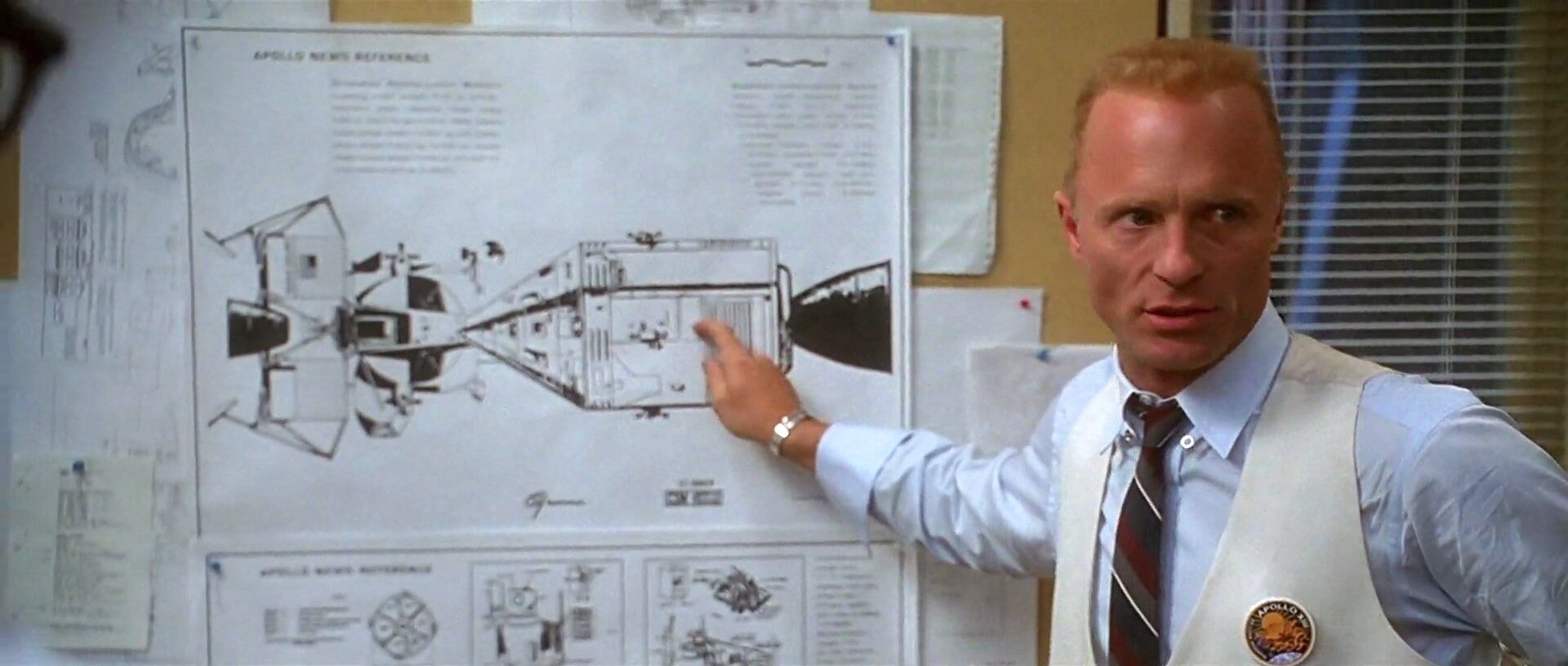About 1/3 of the way through the film Apollo 13 Ed Harris, playing the role of Mission Control Flight Director Gene Kranz, advises his staff on how best to help the Apollo astronauts currently stranded in space and with only a very small chance of making it home. He says they need to work the problem, not make things worse with guesses, and then think in terms of "status." Then he asks, "what do we have on the spacecraft that's good?"
Login to read more
Sign in or create a free account to access Subscriber-only content.
Topics:
